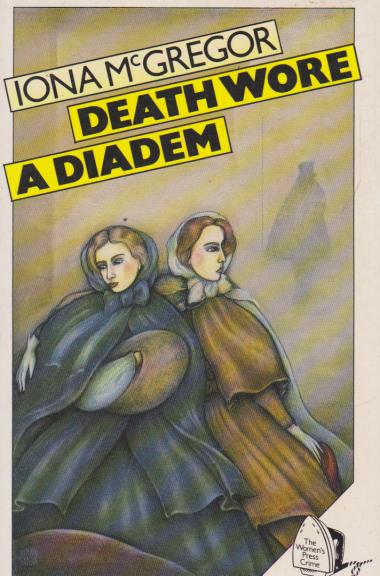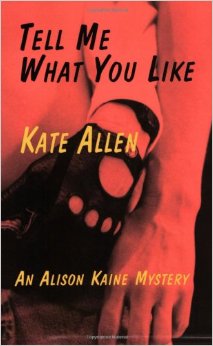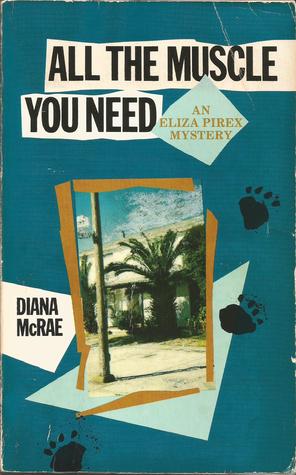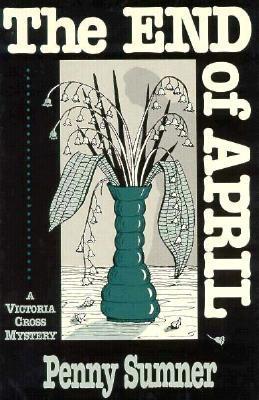Christabel MacKenzie is a 17-year-old student attending the Scottish Institute for the Education of the Daughters of Gentlefolk in Edinburgh. Like most of the students there, Christabel’s family is well to do. In fact, her aunt is a friend of the Empress Eugenie of France. It is when the Empress decides to visit Edinburgh—andRead More
Megan Casey reviews Tell Me What You Like by Kate Allen
From a few things I had read about her books, I expected Kate Allen to write about “big tough butches in leather jackets they never took off.” In fact, that’s exactly what Officer Allison Kaine thought when she found herself in a bar full of leather-clad lesbians. What she discovers (and what I discovered)Read More
Megan Casey Reviews All the Muscle You Need by Diana McRae
This, the only novel featuring Eliza Pirex, is surprisingly good. And for a surprising number of reasons. The writing is good, the mystery engaging, and the characters interesting. But that’s just for starters. The best part may be that it is the most realistic description of being a private investigator that I can remember. Eliza,Read More
Megan Casey reviews The End of April by Penny Sumner
Tor Cross is a special kind of private Investigator: one who is trained to authenticate and preserve documents. Her great aunt—an Oxford professor—hires Tor for both of her skills. Not only does and want Tor to validate the authenticity of handwritten Victorian-era erotica, but also to investigate a series of threatening messages received by aRead More



